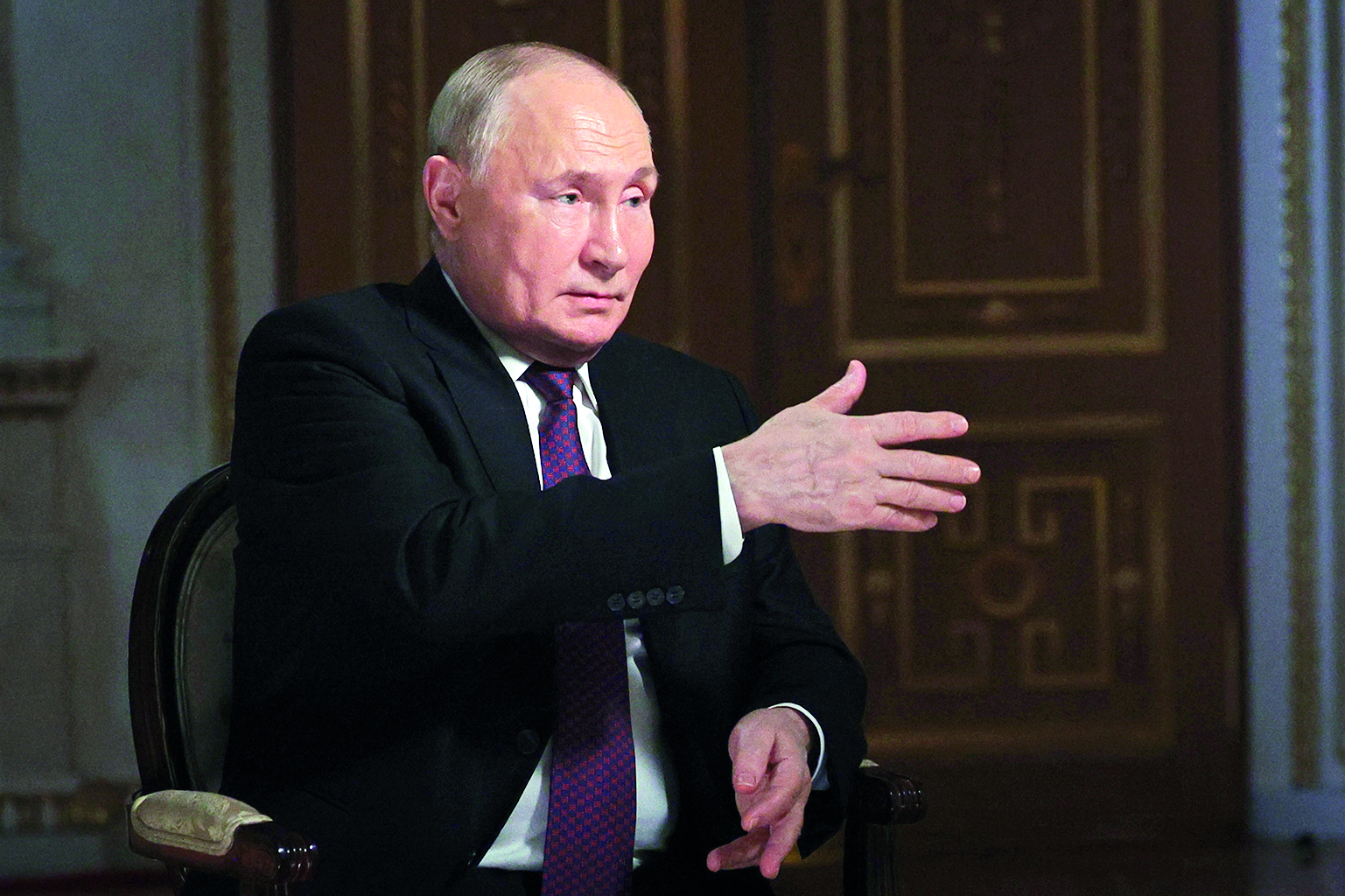Despite fixing Oppn, Putin wants lots of people to vote for him

Colchester: Russians head to the polls this week in a presidential election that will almost certainly result in Vladimir Putin decisively winning yet another six-year term. When he does, it will make him the longest-serving leader since Joseph Stalin. Advance polling indicates he will earn 75% of the vote and face little or no meaningful opposition.
His three main opponents are each polling at 5% or less, while any candidate thought likely to attract significant support or who would use the campaign to robustly oppose the war in Ukraine has been banned, imprisoned or killed.
Despite the clear path to victory for Putin, the Kremlin reportedly spent more than 1 billion ( 850 million) on propaganda in the lead up to the elections. Much of this budget was allocated to infotainment to promote nationalism, unity and traditional values.
But why would a regime in the midst of a war, that has cost Russia more than US
200 billion ( 156 billion) feel the need to put so much effort into a sham election?
Putin may be trying to avoid the same pitfalls of other dictatorships such as Iran which saw record low turnout of 41% in its recent parliamentary elections, the lowest since its 1979 revolution, reflecting widespread disillusionment with the Islamic regime.
The same could be said for Venezuela, which registered a turnout of 31% for its 2020 parliamentary elections. Putin is certainly trying to avoid any perceptions of illegitimacy, or a large protest vote in the wake of the death of his biggest opponent, Alexei Navalny.
Yet why bother to hold elections at all? Research has shown that while elections can pose some risk to dictatorships in the short term, they can also help prolong
autocracies.



